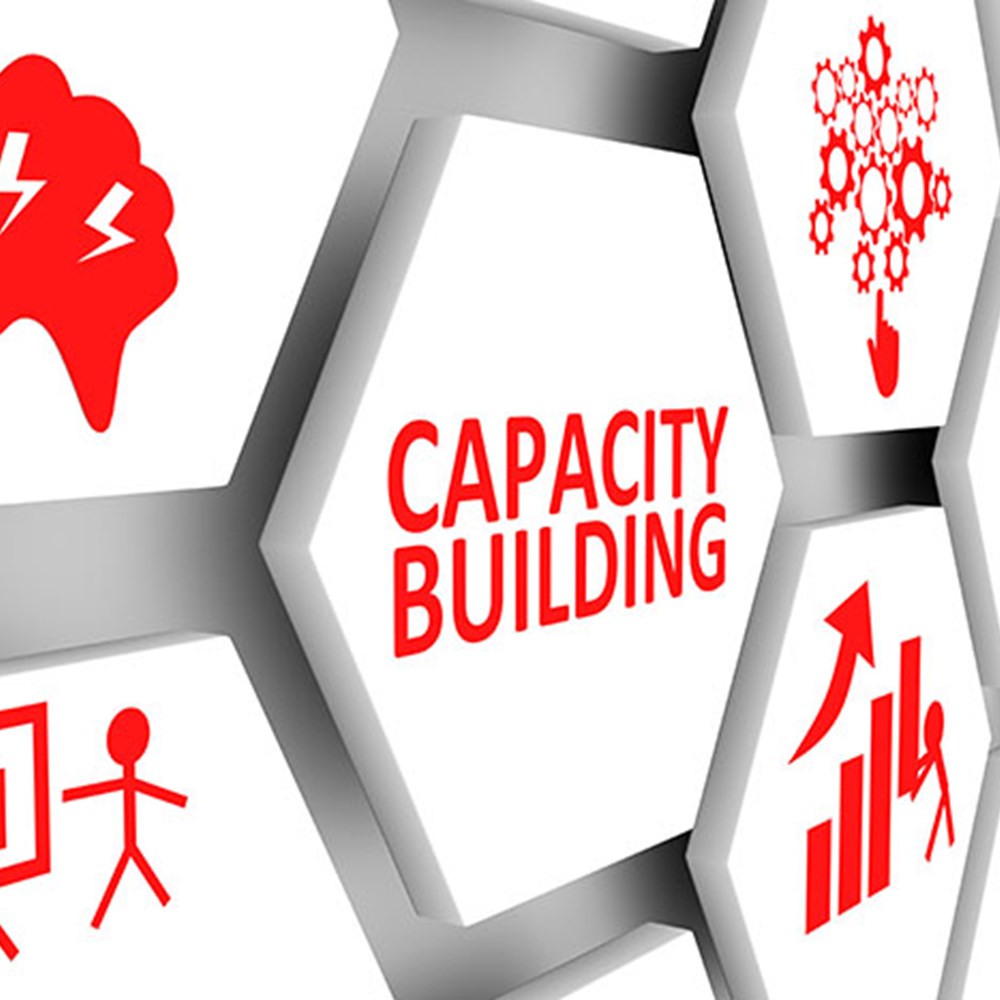
Effective Capacity Development (ECD) refers to the process of strengthening the abilities and capabilities of individuals, organizations and systems to achieve their goals and objectives. It involves identifying capacity gaps and developing strategies to address them, leading to improved performance, efficiency and sustainability. Below are key strategies for effective capacity development:
- Leadership Development: Investing in programs that develop leadership skills among managers, supervisors, employees at various levels of the organization ensuring they can effectively lead and inspire their teams. This includes training in decision-making, problem-solving, and strategic thinking.
- Collaboration and Teamwork: Encouraging teamwork and collaboration through team-building exercises, projects, and initiatives that foster communication and cooperation among employees.
- Training and skill Development: Providing formal or informal training programs to improve specific skills or knowledge relevant to job roles. This could include technical skills, leadership development, communication skills, etc. Providing opportunities for employees to acquire new skills, knowledge, and competencies relevant to their roles and career growth. This includes formal and informal training programs, workshops, seminars, and on-the-job learning.
- Succession Planning: Been able to Identify and develop potential future leaders within the organization to ensure continuity and readiness for key roles. For this to be possible employees must be equipped with the skills and resilience needed to adapt to changes within the organization, whether they are technological, structural, or operational.
- Technology and Innovation: Providing access to and training on new technologies and innovative practices that can enhance productivity and efficiency in the workplace.
- Performance and knowledge Management: Implementing systems to monitor and evaluate employee performance, provide feedback, and identify areas for further development also creating of systems to capture, share, and leverage organizational knowledge and best practices. All this can include knowledge-sharing platforms, documentation, and mentorship programs.
Effective workforce capacity development not only benefits individual employees by enhancing their skills and career prospects but also aims to create a self-sustaining cycle of capacity development, enabling individuals and organizations to adapt, innovate and thrive in a rapidly changing environment.
